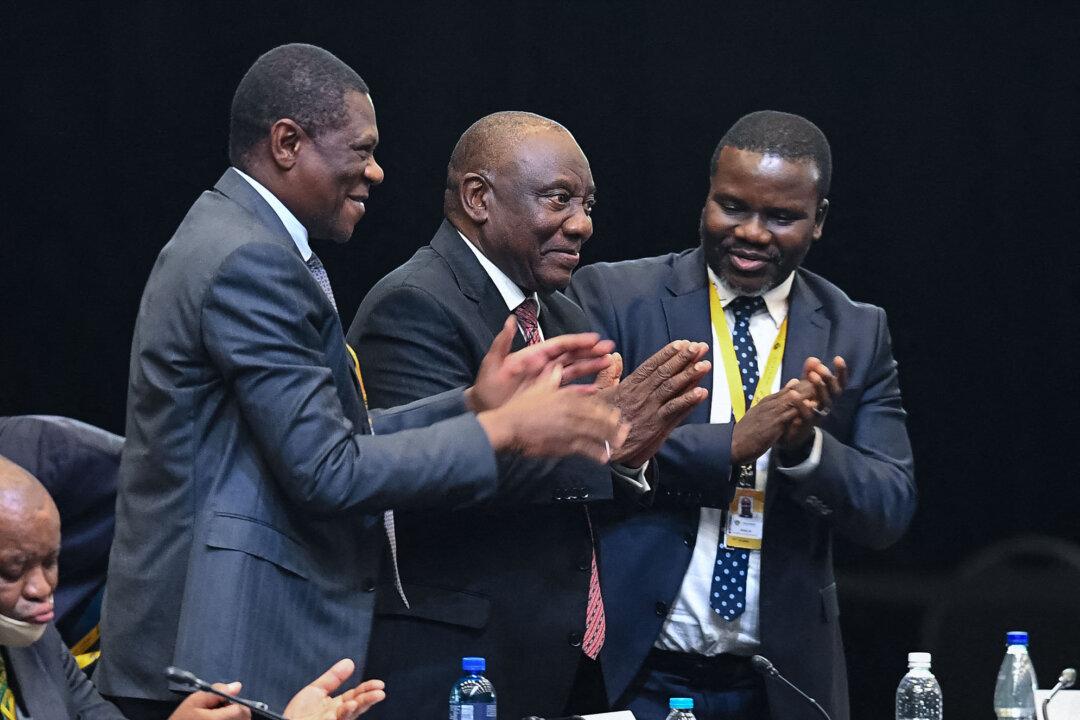JOHANNESBURG—After a month of political maneuvering, South Africa finally has a cabinet to get the country going again after one of the most contested elections in its history.
The African National Congress (ANC) was forced to form a coalition government after it got just 40 percent of the vote in an election on May 29, losing the overwhelming majority that it had held since South Africa’s first democratic election ended apartheid in 1994.





